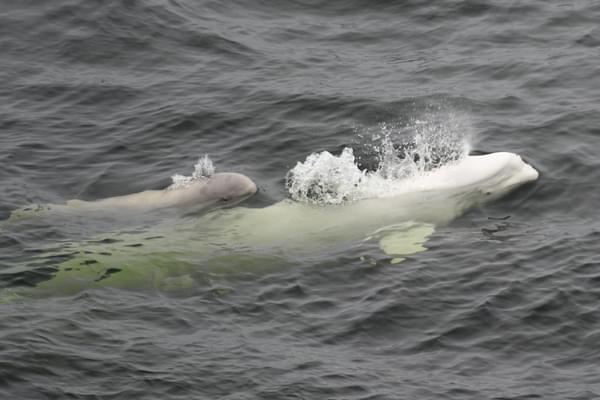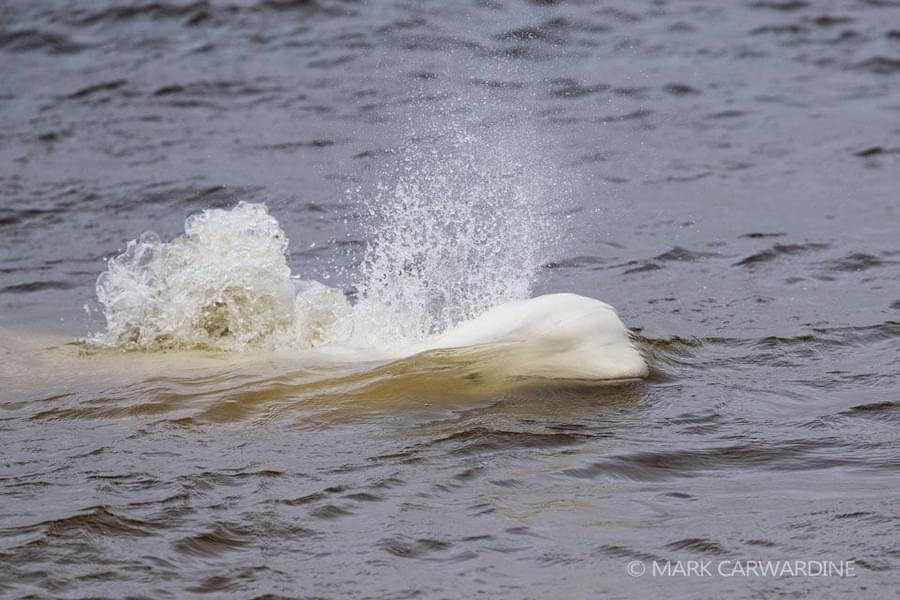For a number of years now, we’ve been following the story of a young beluga whale, nicknamed Hvaldimir. In a nutshell, this charismatic and friendly whale was thought to have been trained by Russia to ‘spy’ on its Scandinavian neighbours. But Hvaldimir had other ideas.
Hvaldimir first approached Norwegian boats in April 2019 near the island of Ingoya, about 415km (260 miles) from Murmansk, where Russia's Northern Fleet is based.
When he was first spotted, he was wearing a GoPro camera attached to a collar on which was printed “Equipment of St. Petersburg”, which sparked speculation that he had been part of a Russian spy programme.
The sighting was unusual at the time as belugas are rarely seen so far south of the high Arctic. Inspired by their experience of monitoring this gentle and sociable whale, an organisation, One Whale, was established to monitor Hvaldimir’s movements. It also worked with the authorities in a Norwegian coastal town called Hammerfest to propose and agree the establishment of Norway’s first whale reserve.
As their website says “Over the years, we've watched Hvaldimir adapt and evolve in the waters of Norway. It is our profound belief that he deserves the chance to live with his own kind, away from the disruptions of crowded harbours, tourism and industry.”
One Whale planned to rescue and rehabilitate captive whales, moving them to the sanctuary where they could enjoy some semblance of freedom. Hvaldimir meanwhile was becoming a local celebrity, even engaging with the divers on local salmon farms and repeatedly trying to get them to interact with him.
Hvaldimir had been tracked and monitored by One Whale right up until the end of August and appeared happy and healthy. So it was a profound shock when the whale’s body was found floating off the south-western town of Risavika on the 1st September.
While there are conflicting news reports, it is evident that the whale had some serious injuries, but it could not be immediately established if these were the cause of its death, or if they had occurred afterwards. A police report has been filed, and a post-mortem examination is now being undertaken on the whale by the Norwegian authorities in an attempt to get some answers, and is expected to take two to three weeks but in the meantime, speculation is running rife in Norway.

ORCA's work to protect whales and dolphins has never been more important and to help safeguard these amazing animals for the future we need your help. Please support our work by donating at www.orca.org.uk/donate to help us create oceans alive with whales and dolphins

